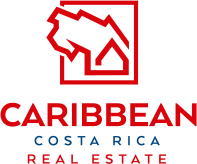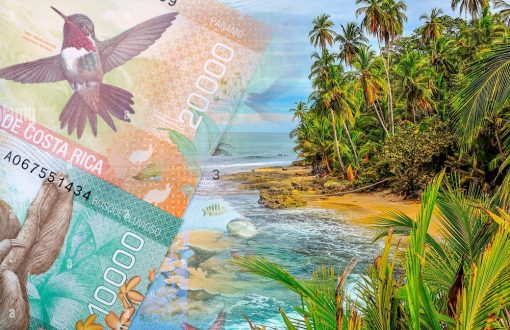The Long and Binding Road: How to Gain Residency in Costa Rica

By Karl Kahler
If you’re a foreigner planning to live in Costa Rica for years to come, you should consider the many advantages of applying for residency. Imagine no more border runs, the freedom to work legally and the ability to get a Costa Rican driver’s license.
Costa Rican welcomes foreigners who want to live here, but for those who lack residency, it doesn’t necessarily make things easy on them. Let’s talk about why seeking residency in Costa Rica can be a great option, and then we’ll talk about how to do it.
Disadvantages of living in Costa Rica without residency
The biggest disadvantage of living in Costa Rica without residency is the dreaded “border run.” Anyone with a tourist visa who wants to stay in Costa Rica must leave the country before it expires and re-enter to get a new visa.
However, there’s some happy news: Whereas tourist visa were almost always for a maximum of 90 days previously, a new law that took effect Sept. 8 doubles the maximum stay to 180 days — six months instead of three. However, the same rules apply, only with a longer stay.
- Foreigners cannot enter Costa Rica without an exit ticket showing that they plan to leave before their visa expires.
- To renew the visa, you must travel to another country and then get a new visa when you re-enter Costa Rica.
- Even if you have your own car and you drive to the border, you still need an exit ticket by air or bus to get back in Costa Rica, even if you never plan to use it.
- Thousands of expats living in Costa Rica fulfill this obligation with a border run to Nicaragua or Panama every three months, a time-consuming hassle that may involve shakedowns by border officials and pushy “fixers.”
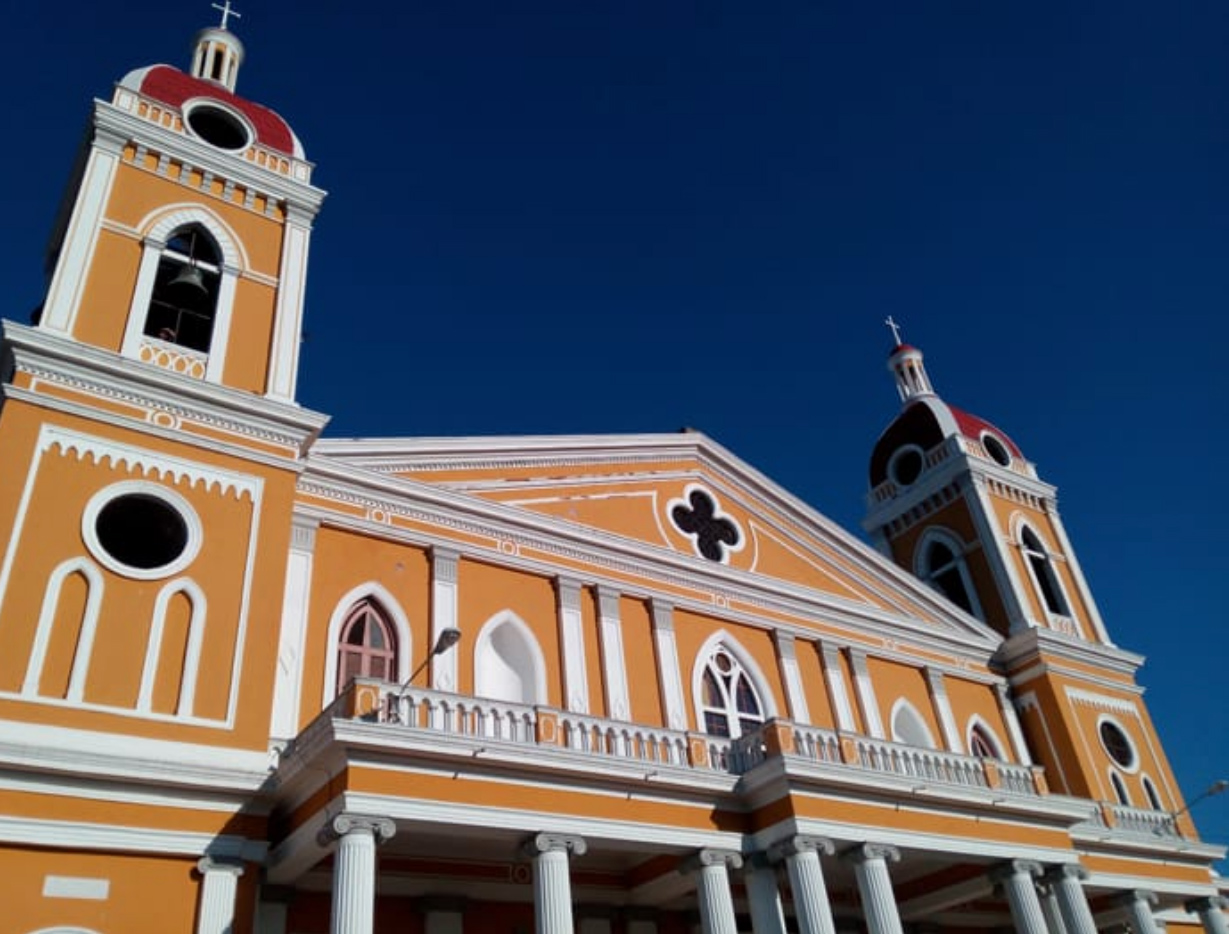
- If you choose to fly to another country to renew your visa, you need three airline tickets: one to get out, one to get back and one to prove you plan to leave again when your visa expires.
- Foreigners without residency can start businesses and hire Costa Ricans — but it’s generally illegal for them to hold regular jobs working for other employers.
- Without residency you can’t get a Costa Rican driver’s license. You are allowed to drive with a foreign driver’s license, but if you overstay your visa you can face severe penalties for driving.
Advantages of applying for residency
- If you even apply for residency (never mind if it’s years away from approval), you should receive a document called an expediente that exempts you from renewing your visa. This means you never have to make another border run — and for this reason alone, it’s almost as good as having your residency approved.
- If you do leave the country for any reason by land, you don’t need an exit ticket to get back, you just show border officials the expediente. However, if you travel by air, you probably will need an exit airline ticket.
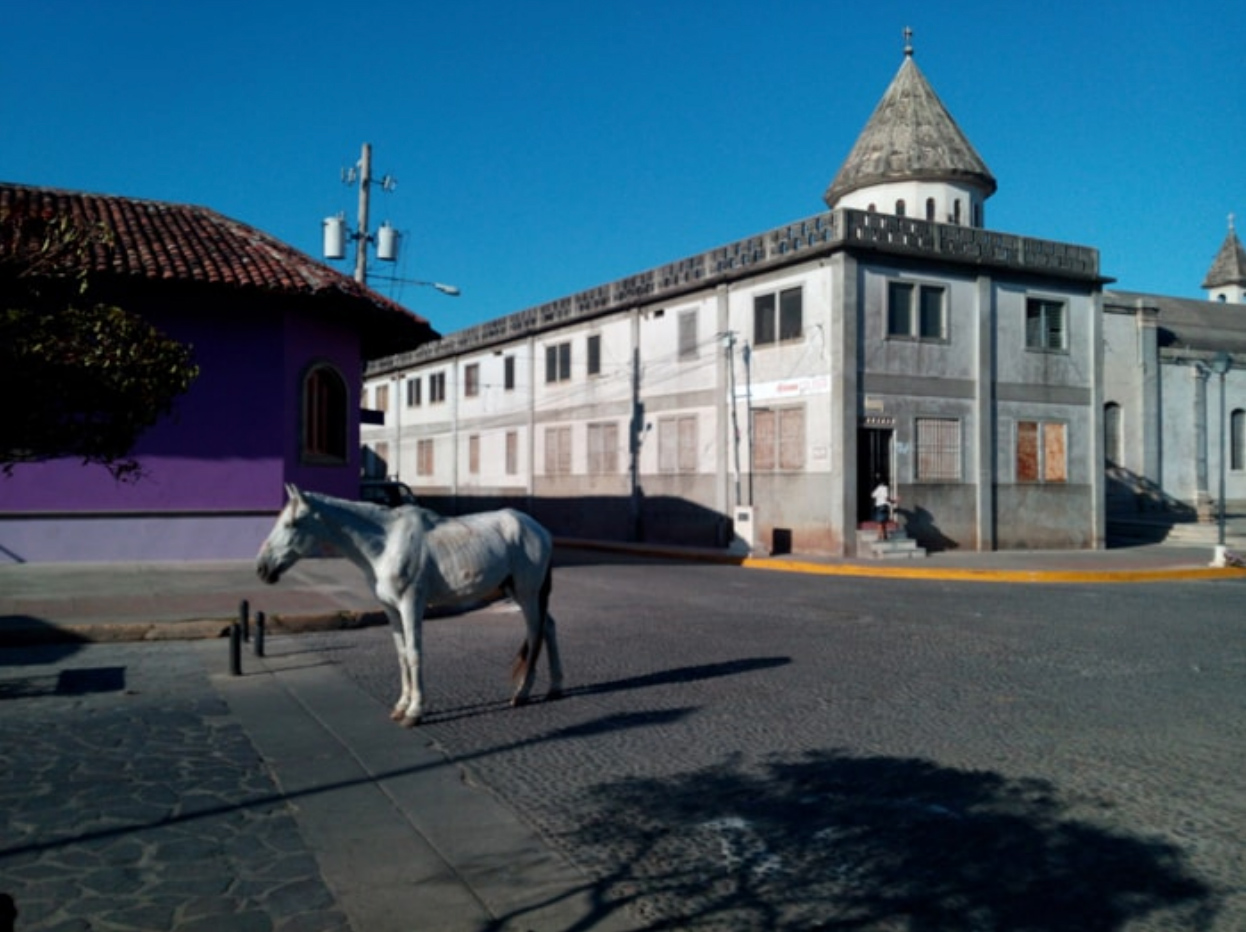
When your residency is approved
- If and when your residency is approved, you no longer face the prospect of border runs, nor do you need an expediente at the border, nor do you need an exit ticket to fly in and out of the country.
- You can legally hold a job in Costa Rica (though professionals like doctors and lawyers will need to obtain Costa Rican licensing).
- You can get a Costa Rican driver’s license, and traffic police will no longer ask to see the visas in your passport.
Who’s eligible for residency
There are four primary pathways to residency in Costa Rica, most of them focused on the applicants’ financial means. These aren’t the only options, but they are the ones most commonly used:
- Pensionado (retired). Foreigners who are retired from jobs in other countries and who receive a guaranteed pension of at least $1,000 a month are eligible for residency in Costa Rica. You’ll have to present proof that this pension exists and that you will be receiving it for the foreseeable future.
- Rentista (independent worker). Rentista is a difficult word to translate, though Spanishdict.com suggests “person of independent means.” Under Costa Rican immigration law, it means a person with a guaranteed income of $2,500 a month from outside the country. Typically this category applies to professionals working remotely for foreign companies who can reliably deposit $2,500 a month in earnings into a trust linked to a Costa Rican bank.
- Inversionista (investor). This applies to foreigners with deep pockets who can invest $150,000 in a qualifying project in Costa Rica. The threshold was recently lowered from $200,000. The law requires a “minimum investment of $150,000 in real estate, other real property [“bienes inscribibles”] stocks, bonds [“acciones, valores”] and productive projects or projects of national interest.”
- Vinculado (“linked”). What’s love got to do with it? If you marry a Costa Rican national, or if you have a baby in Costa Rica (no matter the citizenship of either parent), you are automatically qualified to apply for residency. This is the only pathway to residency that has nothing to do with your finances.

For more information on each of these, see the detailed Tico Times article on “5 Ways to Become a Legal Resident of Costa Rica.”
There’s a fifth option that’s rarely mentioned, but I know a bit about this because it worked for me: Start your own Costa Rica company and employ yourself.
I did this in 2017, founding an LLC called Producciones Kahler S.R.L. that offered writing, editing and translation services. I was required to jump through a LOT of hoops: a) register with the Caja health insurance system, b) pay workers’ comp through the INS national insurance system, c) bill clients with facturas electrónicas that add a 13% value-added tax (IVA), d) pay this IVA every month to the government, e) pay all income, corporate and other taxes, e) provide notarized proof of reliable monthly income, f) obtain a firma digital (digital signature) and g) other requirements too numerous to mention.
But I finally obtained my residency in 2022 (delayed in part by the COVID pandemic), and I did so without following any of the four traditional routes.
Whatever your strategy, you will need a good immigration attorney to guide you through the process. It will not be cheap, easy or fast. But eventually, if you meet the requirements and there are no big disqualifiers in your application, your residency is likely to be approved.
Digital nomads and other options
Costa Rica recently introduced a new visa for “digital nomads,” meaning remote workers who are living in Costa Rica but earning at least $3,000 a month from another country ($4,000 if accompanied by one or more family members).
This law does not offer residency, but it provides a one-year visa (with no border runs) that can be renewed for one more year (two years max). It’s a simpler process to apply for this visa than for residency, but the requirements are not easy to meet. It requires proof of at least $3,000 in income in the past year, and it requires a full year of prepaid health insurance, which very few digital nomads would have.
If you do meet these qualifications, and if you plan to stay in Costa Rica only a year or two, this visa can be a good option. But if you hope to stay longer, you’re probably better off applying for normal residency.
What you’ll need
I like to say that the process of applying for residency is about as pleasant as being probed by aliens, but it isn’t nearly as quick.
You’ll need several documents from your home country, and most of them have to be “apostilled.” An apostille is like an international notary public stamp, and it’s kind of a hassle to obtain.
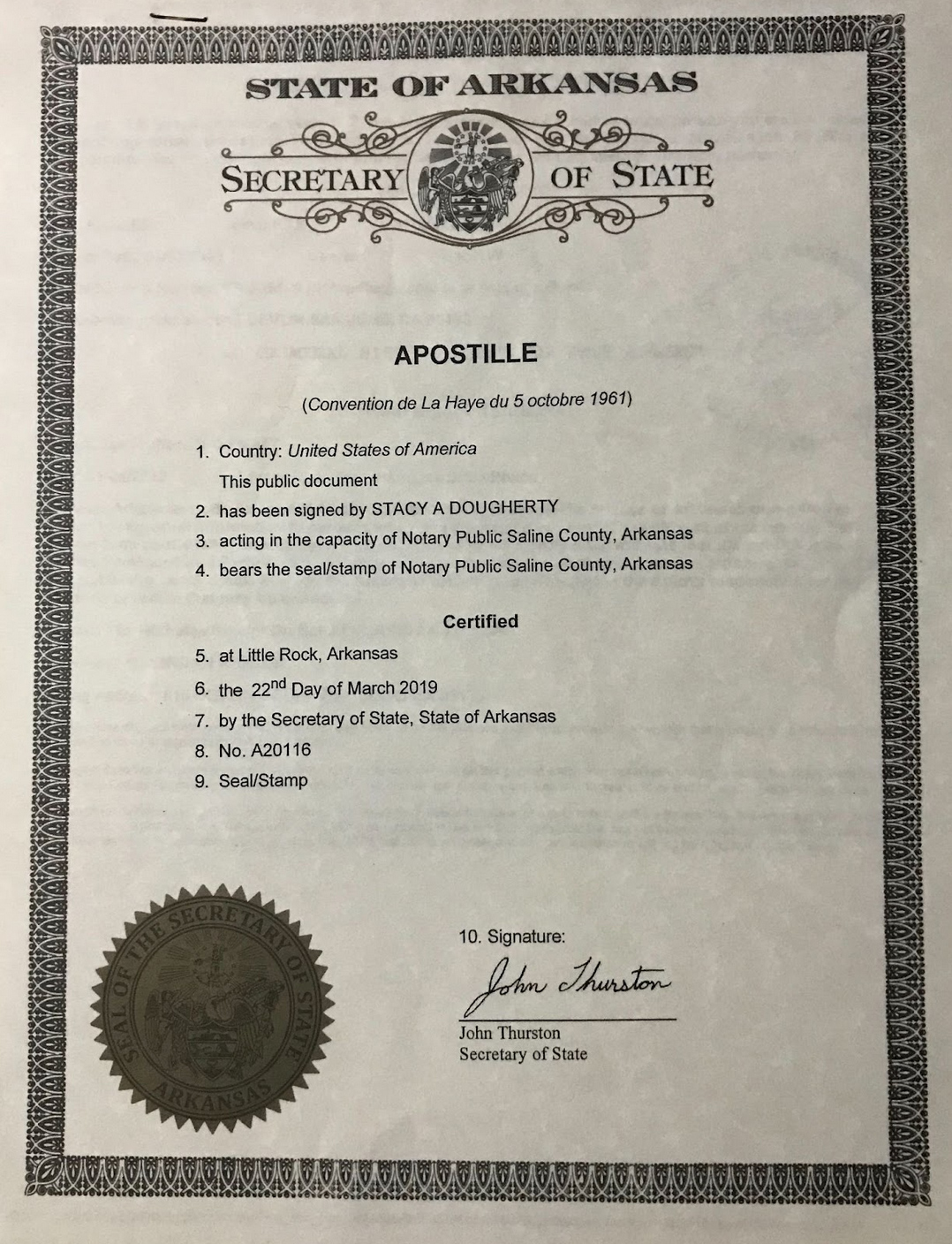
You will first need official documents from certain agencies from your home country, but then you need to submit these to a different agency (like a secretary of state) to get the apostille.
All the back-and-forth required makes it difficult to manage this process remotely, so it’s best to do this in person back home, or have a friend/family member help you. There are also companies in Costa Rica that will help you obtain the apostilled documents you need, though they may charge a few hundred dollars.
Here are some of the required documents:
- Birth certificate: Even if you have your original birth certificate from the day you were born, that won’t do. You have to track down the health authorities of your birthplace to issue a new one.
- Criminal record: You’ll need an official document from the FBI (U.S.), Royal Canadian Mounted Police (Canada), or the federal police of your home country attesting to your criminal record or lack thereof.

- Marriage certificate: If you’re seeking residency for your spouse as well, you’ll need proof that you’re legally married.
- Fingerprints: You’ll need one copy of your fingerprints on file with the Costa Rican government, plus you’ll probably also need another set if asking the FBI or a similar agency to track down your criminal record.
Depending on your chosen pathway to residency, you may need many other documents, including proof of a $1,000 pension (for retirees), proof of $2,500 in foreign monthly income (for “rentistas”), proof of an investment of $150,000 in Costa Rica (for investors), or proof of marriage to a Costa Rican or the birth of your child here (for “vinculados”).
Other than documents from your home country, you’ll need to meet certain requirements in Costa Rica as well:
- Caja: The Caja Costarricense de Seguro Social is a government-run health insurance and pension program. If applying for residency, you may need to provide proof that you are enrolled with the Caja and paying its monthly fees. If you run a company that employs Costa Ricans, you may also need to provide proof that you are paying the employer’s share of the Caja for them.
- Hacienda: The Ministerio de Hacienda (the Costa Rican tax-collection agency) will expect you to pay taxes on your income if you’re earning money in this country. Costa Rican tax laws are complicated and require frequent filings, so you may need to hire a year-round accountant.
- INS: The Instituto Nacional de Seguros (National Insurance Institute) is a government agency that sells insurance of all kinds, including worker’s compensation. If you have a company in Costa Rica, you may be required to buy workers’ comp insurance for your employees, including yourself.
- Accountant statements: In addition to financial statements from your home country, you may need the services of a Costa Rican accountant to prepare other financial documentation in support of your application.
This is by no means a complete list. You’ll need a good immigration attorney to tell you everything you need.
The decision is yours
Bear in mind that residency is generally granted on a temporary basis first, for only two years, and then can be renewed. But you must wait three years after obtaining your temporary residency to apply for permanent residency.
Seeking residency is not the best option for everyone. If you’re planning to stay in Costa Rica only two or three years, you may be gone before it’s ever approved. And given the expense, red tape and long waits for approval, you may find that it’s less hassle to just make the b0rder run when you need to.
But for those who are truly here for the long run, it’s well worth it to bite the bullet and take the plunge. Best of luck!
_____
Karl Kahler is a writer, editor and translator who lives in Costa Rica’s south Caribbean. He is the author of “Frommer’s Costa Rica 2017,” and was previously travel editor of the Tico Times and national editor of California’s San Jose Mercury News. Contact him at karlkahler@gmail.com.
